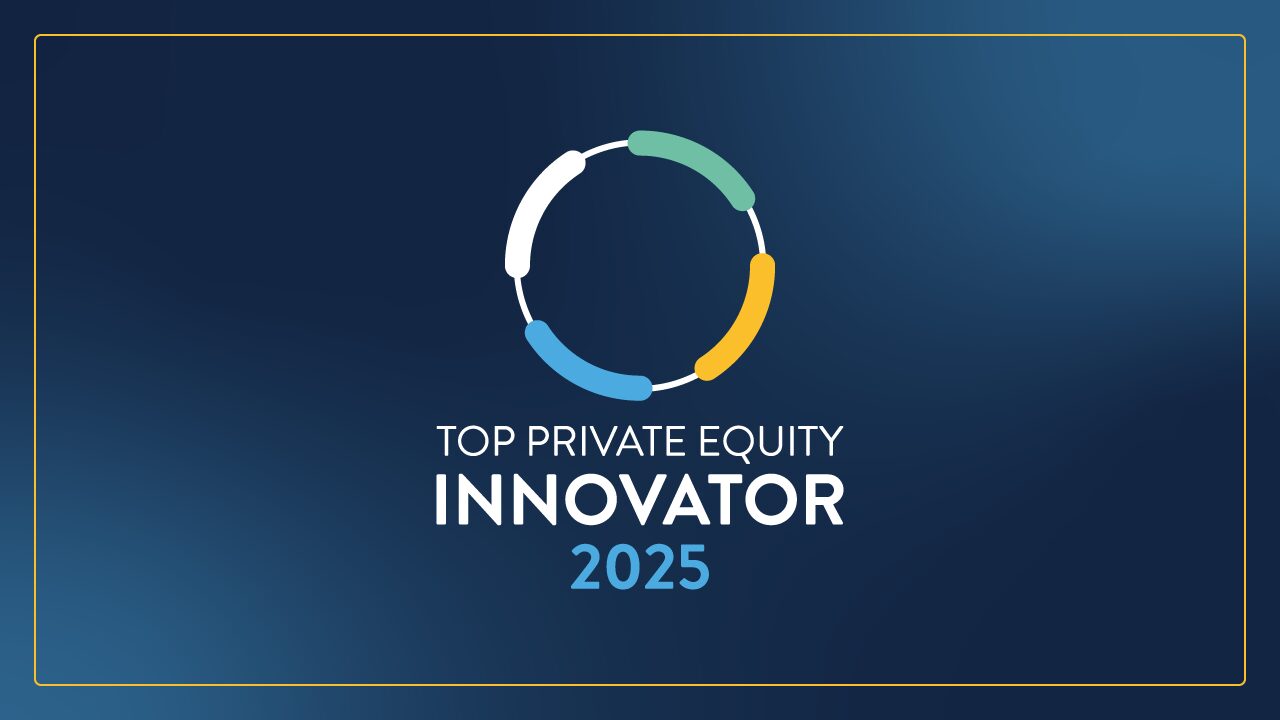This is an unprecedented time for private equity firms and their portfolio companies. As the economy begins to show signs of a tenuous post-COVID-19 recovery, there is no telling how the business landscape will be impacted. But one thing is clear: PE will be a major factor in the recovery. Devin Mathews is a partner at ParkerGale, and he generously took the time to discuss his firm, perceptions of the PE industry, and what investment trends we should be keeping an eye on right now.
Sean Mooney: Tell me about ParkerGale’s history and investment philosophy.
Devin Mathews: ParkerGale was founded in 2014, though the founding team worked together running the technology group at another private equity firm. We only do tech buyouts (not venture capital or growth equity) and always take a majority control position. We only buy in two ways: directly from bootstrapped founders or as carve out divisions from larger companies. Both of these strategies have similar dynamics – good businesses that need some care and attention. We focus on owners who are at an inflection point with all their wealth tied up in the business – we help them greatly reduce their personal financial risk and take their businesses to the next level.
SM: Why would an owner want to partner with ParkerGale?
DM: Quality, not quantity, is our ambition. At the end of the day, founders bring us in because they believe we’re going to respect the businesses they’ve built. We’ll change things, but the employees will still feel like it’s a great place to work. We place a heavy emphasis on culture and developing people at our portfolio companies, and even though our expectations are high, we recognize that we have to provide the necessary resources to meet those expectations.
SM: What are a few of the biggest myths about PE?
DM: For starters, not all PE firms are created equal. There are different types of PE firms out there: some are more transactional, while others are more hands-on and operational to help companies build long-term success.
Also, it’s important to recognize that private equity is the economy – it’s not a niche asset class anymore. There are twice as many private equity-backed companies as public companies. This is all the more reason why PE firms have to focus on improving the image of the industry and showing others that our success as an industry is determined by the long term success of the companies we own. This industry cannot thrive if our companies fail.
As an industry, our reputation isn’t great. People sometimes expect all of us to be MBA jerks, with low EQ and high intensity. While much of that is well-deserved, we try to show people we’re human, empathic, and prepared to listen. At ParkerGale, we talk a lot about vulnerability, transparency, and trust. That’s really the only way to get results in our experience.
SM: How has COVID-19 impacted your firm?
DM: We are all getting older around here and have invested during booms and busts before. We all subscribe to the great Howard Marks quote that “you can’t predict – you can only prepare.” So we don’t make predictions. We just get up every day and execute alongside our management teams.
SM: What types of businesses are you focused on investing in now?
DM: We look for software companies that are hard to hurt – that means they have sticky products, no customer concentration, no vendor concentration, and good profit margins. They’re also in segments of the market where VCs aren’t pointing their money cannons, which usually ends up poorly. When we get involved, the companies are customer-centric and profitable, but may not necessarily be doing the things they need to do to secure long-term viability. There are tens of thousands of companies in North America that fit our criteria, and we need to invest in one or two per year. We operate at the small end of the market – we’re providing the first institutional capital that any of these companies have had.
SM: What’s your take on the future of PE investment?
DM: Within the next six months, will founders say “I’m too old for this sh*t” and want to sell even if it’s at a price less than the top of the market? Or will they wait for the market to come back enough to get them the price they need to walk away? Just imagine you’re a founder in your sixties and you’ve been through way too many ups and downs already. Do you have the stomach to hang on a few years or is it time to find the right partner that helps you walk away and enjoy retirement? My sense is that it will be a mix of the two, but as I said earlier, we don’t try to predict. So we’ll just prepare for whatever comes our way.


